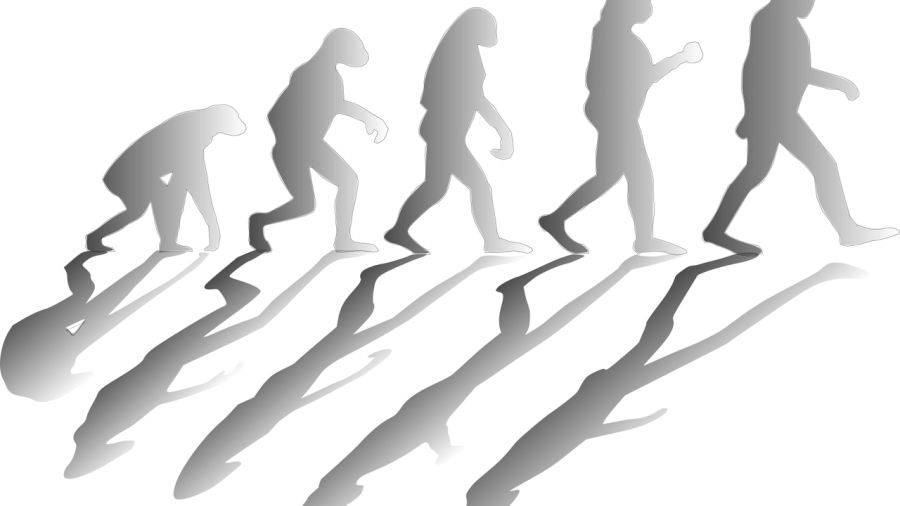A recent Australian study found more than half of car drivers think cyclists are not fully human. As a result, drivers report behaving more aggressively towards them. It’s a surprising result but is it possible car drivers think other car drivers are less than human too?
Dehumanisation of cyclists
Even the word, “cyclist” evokes some hostility in 17% of drivers in the study. Monash and Melbourne Universities and QUT’s Centre for Accident Research & Road Safety collaborated to work with 442 participants from three Australian states.
Researchers showed them images of the evolution of ape to man and from cockroach to human and asked about their attitudes and behaviours. They found 55% of non-cyclists and 30% of cyclists think people who cycle are not completely human.
- 17% said they used their car to deliberately block a cyclist
- 11% deliberately drove their car close to a cyclist
- 9% used their car to cut off a cyclist.
Researchers said it is easy to dehumanise cyclists because they move mechanically, often dress differently and drivers cannot see their faces. They suggested we need to put a human face to cyclists to improve attitudes and reduce aggression.
Change the language
Some people claim the problem is calling them “cyclists” because it makes everybody who rides a bike seem the same. For example, the Dutch have one word for a daily cyclist and another word for a racing cyclist.
This seems inadequate in the face of widespread aggression towards people who cycle. It is common to see media references to violence against cyclists as if it were acceptable. This would not happen with, say, bullying.
Any kind of term for people who cycle, as opposed to people who drive, is unlikely to provoke sudden acceptance of cycling.
What is going on?
The study concludes that more needs to be done about dehumanisation of cyclists. But it fails to wonder whether, in fact, car drivers dehumanise other car drivers. Perhaps the problem of dehumanisation is a lot more widespread than it appears.
One piece of research found car drivers will dehumanise other drivers and pedestrians, just as they do online. When you cannot see someone’s face, you can treat them as less than human.
We do not see people’s faces when they are driving and we are physically separated from them. So we are more likely to behave differently in the car than out of it. We may cut people off in their lanes, yell, or tailgate, but remain passive when dealing with people face to face. Being in a vehicle takes away our inhibitions.
Traffic psychology claims we judge people simply by the vehicle they drive and rank our importance accordingly. For example, larger or newer cars outrank smaller or older ones and drivers of pricey cars are more aggressive towards pedestrians.
Aggressive behaviours are more likely if the driver feels they are more important. For example, drivers often become enraged when they see cyclists travelling two abreast, even though it is legal. This may be because taking up more room in the lane makes them seem more important. For a similar reason, perhaps, passing drivers leave less room for cyclists in dedicated bike lanes.
Making human errors
Traffic psychology has found poor driving has nothing to do with being a “problem driver” or being deliberately careless.
No matter how skilled we are, we make the same human errors as everyone else. In psychological-speak, this can include loss of social awareness, reduced cognitive capacity, intuitive biases and contradictory beliefs. For example, we often blame someone else’s mistakes on their ability or personality (“what an idiot”) but blame our own mistakes on the situation (“such a dangerous road”).
Being human means sometimes making mistakes. If some car drivers dehumanise other car drivers, it may be because they do not recognise their own humanity. However, when they dehumanise cyclists, it can have tragic consequences.


your opinion matters: